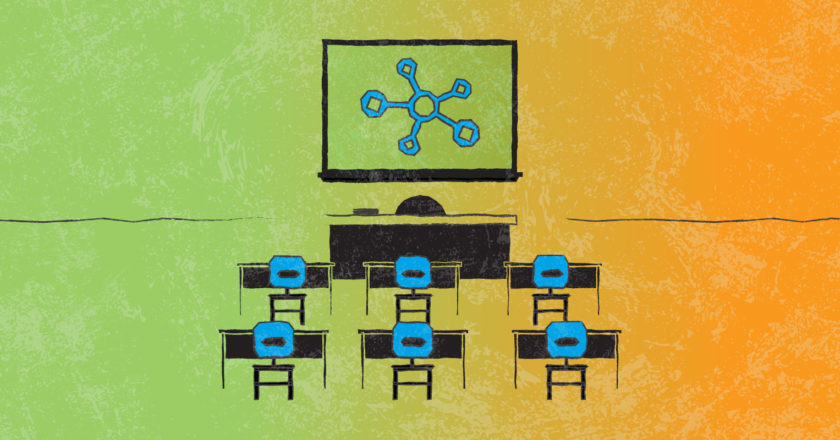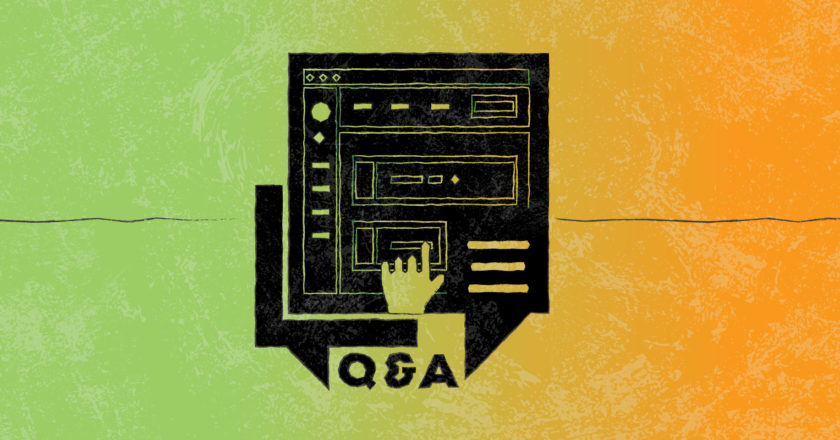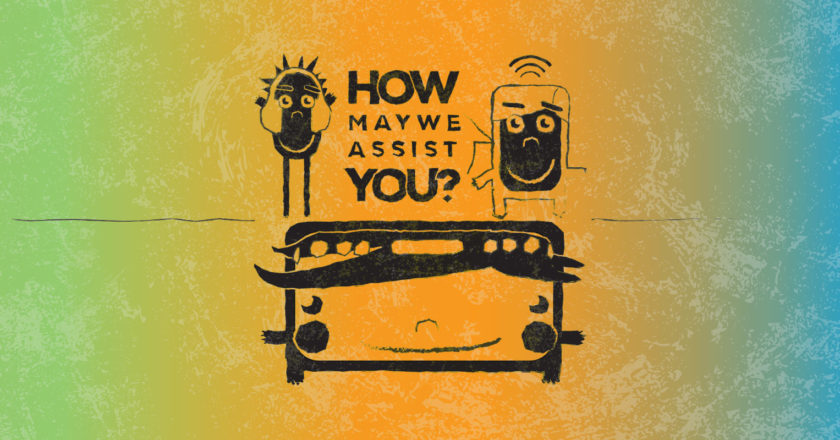Understanding privacy laws in relation to autism and college student rights can help students and families prepare for the college transition.


Understanding privacy laws in relation to autism and college student rights can help students and families prepare for the college transition.

Social dynamics of college classrooms for autistic students. STEM grad student Patrick Dwyer gives an overview of how college differs from high school.

Should you disclose your autism in college? STEM graduate Justin Robbins shares the pros and cons based on his college experience.

Contributor Katie Matthews guides autistic students through considerations that will help them clarify their preferences for college learning environments.

Video interview. Patrick Dwyer and UC Davis Disability Specialist Dr. Joseph Spector discuss the role of Disability Services Offices on campuses.

Hear about one student’s experience in an inclusive concurrent enrollment program, and what he’s up to in college now.

Brief video. Declaring a disability in college? College transition expert Susan Woods introduces families to the basics in order to access accommodations.

Video. Brief overview of the kinds of supports students and families can expect in the college environment. Can vary a lot by institution.

Video. STEM grad student Patrick Dwyer sits down with UC Davis’s Accessible Tech Analyst Joshua Hori for an overview of Livescribe Smartpen, Sonocent Audio Notetaker, and ClaroPDF.

When we talk about folding autistic and differently-abled students into community colleges and STEM careers, what we’re really talking about is best practices for everyone. It follows that when our most disadvantaged students’ needs are met, we are leveling the playing field for all, with or without a “documented need.” Thank you for believing in students like me.